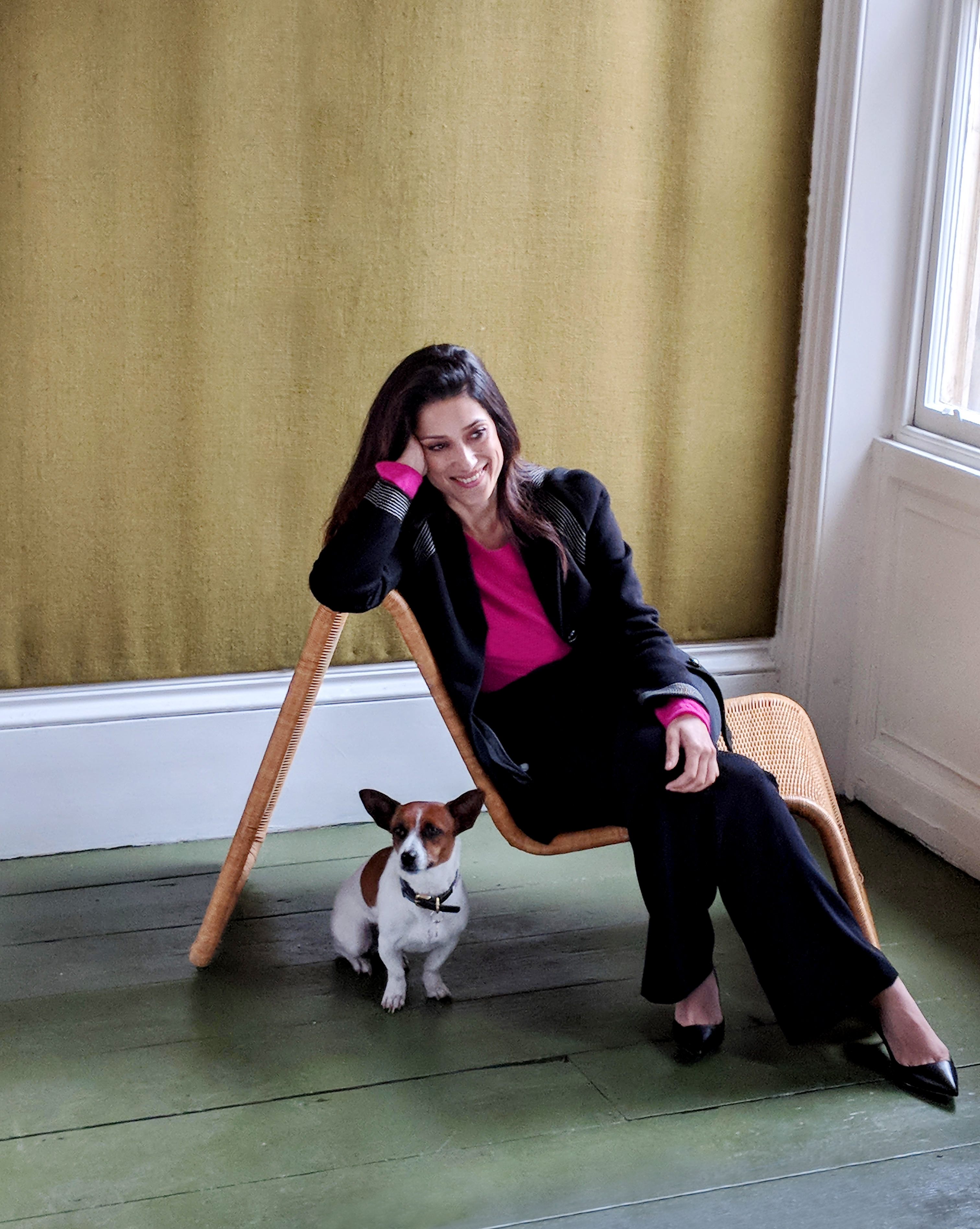- Home |
- Search Results |
- Fatima Bhutto on radicalisation: We need to understand rather than condemn
The Runaways explores modern Muslim identity. Why did you feel it was an important story to tell through a fictional novel?

The Western world doesn’t understand radicalism; nearly 20 years on from 9/11 if you’re watching Fox News or listening to Sam Harris’s podcast you would have the impression that no lessons - not one - have been learnt from the past two decades. Not only does no one seem to understand radicalism but that lack of understanding has made things worse. When are we going to start trying to understand the radicalised instead of just condemning them?
You chose to lead with three very different protagonists. What made you want to represent multiple perspectives?
Each of the characters are radicalised by different motivations - anger, fear, humiliation, a wanting for power, love, belonging and it had to be that way because there are never simple answers to complex issues. There isn’t one reason people become radicalised, it happens incrementally, dangerously building in power and force.
Your characters are all young and feel alienation in different ways, so they dice with extremism. Was it important to you to humanise them?
As a novelist, my job is to observe people, never to indict them. People wherever they are and whoever they are, want to belong, to be respected, to be loved and cared for. When you don’t offer a sizeable portion of your population a vision for their future, when you exclude them from a collective narrative, they will look for a vision somewhere else.
You started writing The Runaways in 2014, a time when ISIS was particularly active. How did it feel channelling this period of history into your book?
All the talking heads were making everything worse, I felt - inflaming the fear, terror and uncertainty. There is an industry devoted to terror and it makes a lot of money and suffocates a lot of nuance in doing so. But no one was really asking how it came to this terrifying moment, no one was asking how much pain you’d have to be in to go to war against the world. That’s what I wanted to understand about the young men and women engaged in this obscene violence we were witnessing: what had happened to them?
How did you research The Runaways? Were your characters or their actions based on real-life events?
My characters weren’t based on real-life people but I did do a lot of research. I watched a lot of LiveLeak videos (LiveLeak is an alternative, edgier sort of YouTube), I read blog posts from people who had run away from homes in The Netherlands and Britain, propaganda material like Dabiq, a glossy ISIS online magazine, and spent time on their social media channels. Like millennials everywhere, they wanted to be famous, to be significant and to be celebrated - so they documented their lives and exploits with the granular egoism we’ve come to expect from Instagram accounts.
The Runaways by Fatima Bhutton is available now.